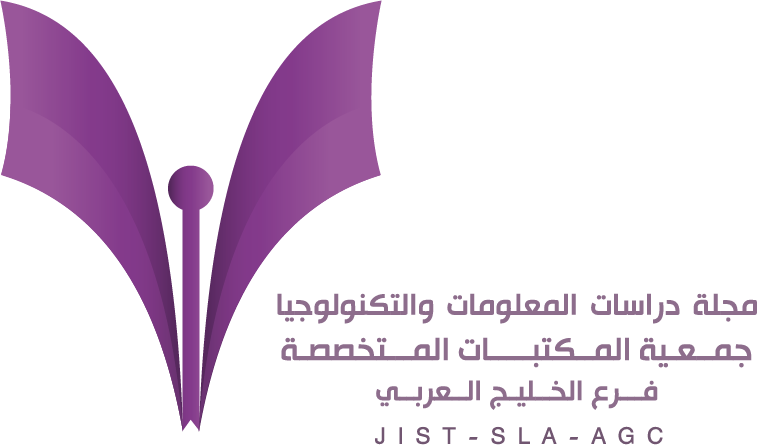-
oa Promoting information literacy in public universities: role of librarians
- Source: Journal of Information Studies & Technology (JIS&T), Volume 2024, Issue 1, Mar 2024, 5
-
- 17 August 2022
- 20 February 2023
- 31 March 2024
- Previous Article
- Table of Contents
- Next Article
Abstract
This study aimed to explore the extent of librarians’ awareness and the roles they play in leveraging information literacy to improve scholarly work in public universities in Ghana. This is a multiple case study in which the qualitative research approach was used. A semi-structured interview guide was used to solicit the views of librarians from top universities in Ghana on their awareness of information literacy and the roles librarians play in its delivery.<i> </i>The findings of the study showed that librarians at public universities have a good knowledge of information literacy and are well aware of its importance in improving scholarly work. However, they lack institutional policies and collaboration from their faculty counterparts to streamline the delivery of information literacy in these institutions. The study provides lessons for an in-depth analysis of the new roles of librarians in information literacy in Ghanaian libraries that are lacking in the literature. Higher education policymakers in Ghana and elsewhere would find the results useful for implementing the information literacy agenda in universities and colleges.



